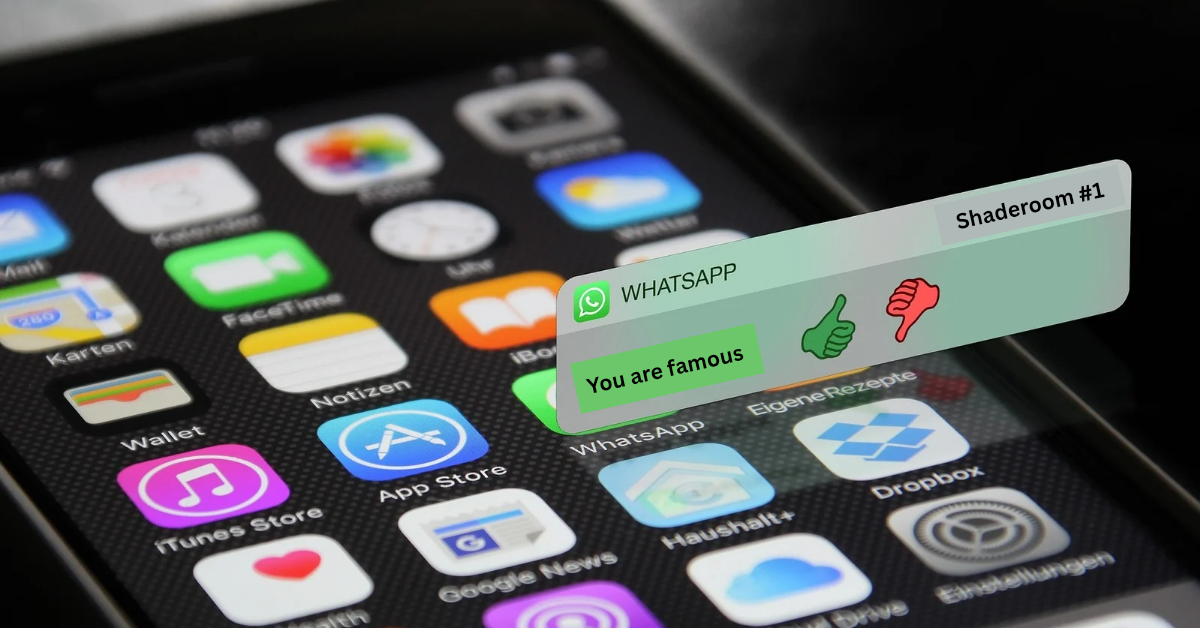WhatsApp and Instagram owner, Meta, has agreed to release the information of those behind accounts that posted revenge porn of minors across its platforms in South Africa. The social media giant was responding to a July 14 application by digital rights law firm, Digital Law Company, asking the court to hold Meta in contempt for failing to provide that information. The Gauteng High Court, in response to the application, ordered Meta to shut down those channels across its platforms, permanently disable them, and provide information of the account holders.
On the week of July 14, South African parents, teachers, and youth groups expressed concerns about a troubling trend of WhatsApp and Instagram shaderoom channels. Known for celebrity gossip, South African teenagers have been creating these digital spaces to expose one another’s secrets and share private photos or videos without permission fuelling a culture of humiliation and cyberbullying, especially against teenage girls.
“A friend told me that I was famous and at first, I did not pay attention until she sent a link of Shaderoom #1,” said a teen victim who spoke anonymously to .
Finding out that her private pictures were trending on WhatsApp left her feeling stressed, anxious, and betrayed. “I suspect my phone was hacked by someone in my close circle, as I never lend it to anyone. I’m worried about what might happen next; already people think I am a prostitute. My images are now all over,” she said.
Within days, Digital Law Company uncovered more than 1,000 posts across 30 accounts, and found a coordinated network using similar names and tactics—likely run by the same group.
“You think you have taught your kids about online safety,” Agnes Mahlangu, a parent whose daughter was manipulated into sharing private images, told . “Then you discover these ‘shaderooms’ where someone records your child without consent. It’s digital trafficking happening in WhatsApp channels, and nobody talks about it until it’s too late.”
Unlike traditional group chats, WhatsApp Channels allow anonymous broadcasting to large audiences. Admins and members remain hidden, and with end-to-end encryption, moderation is virtually nonexistent. Victims often have no idea who posted the content or how to hold anyone accountable. Even when channels are deleted, the damage persists—screenshots and reposts spread to platforms like Telegram and Twitter.
On Thursday July 17, we joined two shaderoom channels, ‘ShadeRoom #1’ and ‘Soweto ShadeRoom’ to observe the activities in these shaderooms. By the morning of July 18, ShadeRoom #1 had wiped its history and deleted the channel, while Soweto ShadeRoom’s content remained visible though the channel had been deleted. Content shared in the channels ranged from sexually explicit images and rumours about individuals’ sex lives to gossip and mockery often targeted at teenage girls.
Parents who spoke to noted that several of these shaderoom channels exist in various areas across the country including, Rooderport and Durban. Both the victims and perpetrators are often minors, normalising digital abuse among, parents say. “Kids talk about these shaderooms like they are just funny,” said Thandiwe Masombuka, a teacher in Johannesburg. “They do not even see it as exploitation.”
“The danger is not just strangers online,” warned Anne Masango, a teacher in Johannesburg. “It’s classmates, neighbours, even so-called friends. And the schools are not talking about it.”
What does the law say?
South Africa has two key laws that criminalise the distribution of intimate content without consent. In the Films and Publications Amendment Act (2019), offenders face up to four years in prison or R300,000 fine for knowingly sharing private sexual content with intent to harm. The Cybercrimes Act (2021), criminalises the creation, publication, and re-sharing of intimate content, even by minors.
Despite these laws, enforcement is difficult. Encrypted platforms like WhatsApp obscure private content and hide admin identities making tracing abuse nearly impossible.
Youth nonprofit MoTsha Change in Motion is tracking these trends and calling for urgent reforms. “These groups weaponise gossip, shame, and violation to earn attention or silence rivals,” said spokesperson Pretty Kekana. “The emotional toll—from anxiety to suicidal ideation—is severe and long-lasting.”
MoTsha is urging tech companies to strengthen reporting systems, and schools to implement digital literacy programs that teach children about cyberbullying, consent, and accountability.
While naming and shaming is a global teen phenomenon, South Africa’s shaderooms reveal a darker layer—revenge porn and digital abuse often come from someone close. Parents warn that minors are not just victims but also perpetrators, distributing harmful content with little understanding of the legal or emotional consequences.
“These groups turn our children into traders of abusive material,” said Andrew Mabuza, a teacher in Hielderburg. “It’s child pornography, plain and simple. But because it’s on WhatsApp and among kids, adults downplay it,” he said.
Mark your calendars! Moonshot by is back in Lagos on October 15–16! Join Africa’s top founders, creatives & tech leaders for 2 days of keynotes, mixers & future-forward ideas. Early bird tickets now 20% off—don’t snooze! moonshot..com









